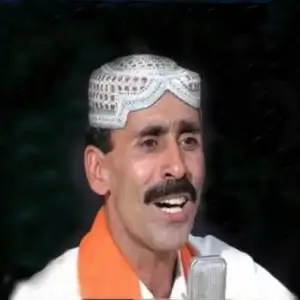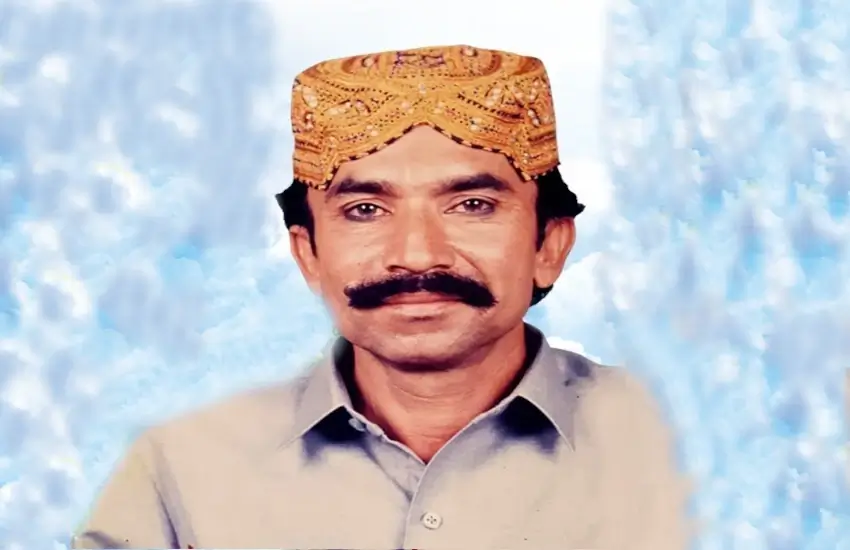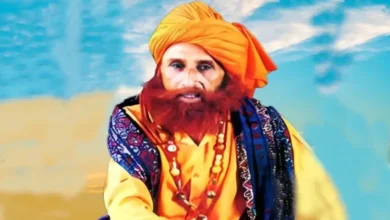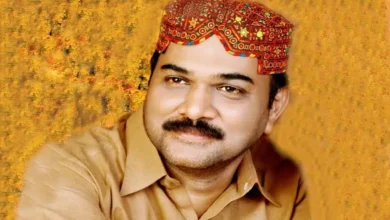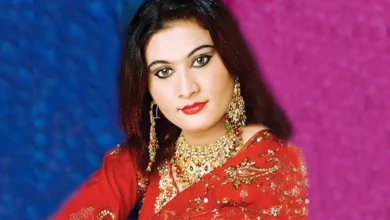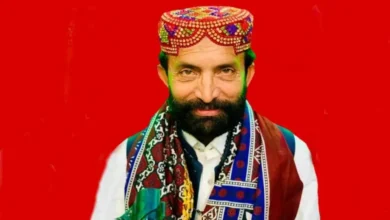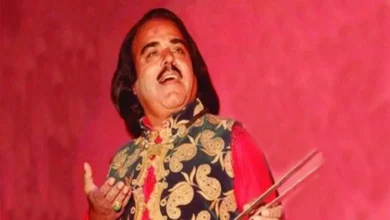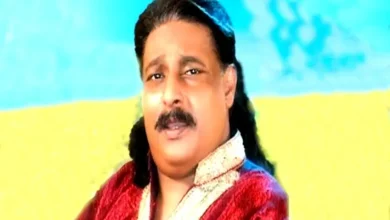Sodhal Faqeer Laghari – Bio, Top 25 Best Sindhi Folk Music
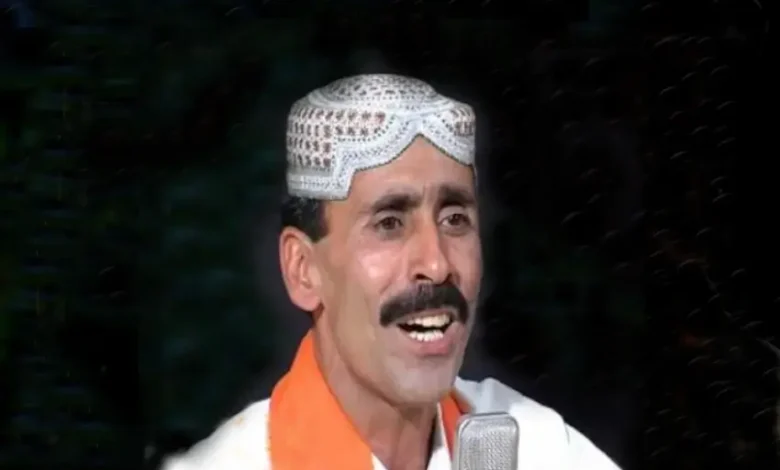
Sodhal Faqeer Laghari has captivated audiences for decades with his unique blend of traditional and contemporary sounds of Sindh. His voice is a magnificent instrument that holds the cultural heritage of Sindh which is the essence of the beauty, transporting listeners to a realm of spiritual bliss. This article delves into the life, career, and musical journey of this extraordinary artist, exploring the factors that made him an iconic figure in the world of Sindhi music.
Best Sodhal Faqeer Laghari Sindhi Music Download
Early Life and Background
Born in 1959, in Bijrani, laghari Goth, near Moro, District Nowshehro Feroz Sindh. Sodhal Faqeer Laghari was immersed in the vibrant fabric of Sindhi culture from an early age. His father’s name was Ali Bux Laghari, hot got training from his father and Syed Ahmed Shah.
He was introduced by Muhammad Qasim Maka. With deep roots in the region, his family nurtured his innate musical talent. The serene landscape, the mellow flow of the Indus River, and the soulful music of local folk singers have been the architecture of his artistic foundation. He had a very miserable life, anyone who could not help him. This great artist breathed his last on 17th July 2024.
The Journey Begins
Sodhal Faqeer Laghari’s musical journey began with humble beginnings. He began performing at local events and festivals at the age of 20 years, where his raw talent and passion were quickly recognized. He had a deep connection with the audience in his early shows, a quality that remains a hallmark of his work.
The Sufi Mystic
The music of Sodhal Faqeer Laghari is deeply rooted in Sufi philosophy, a mystical Islamic tradition that emphasizes love, devotion, and harmony. His songs often explore themes of divine love, longing, and the search for spiritual truth. His soulful voice combined with the rhythms of Sindhi folk songs creates a mesmerizing soundtrack that takes listeners to a transcendent state of spirituality.
Musical Style and Innovations
The musical style of Sodhal Faqeer Laghari is a unique blend of traditional Sindhi music and contemporary elements. Laghari has successfully experimented with genres incorporating Western influences while retaining the essence of Sindhi folk music. His ability to seamlessly blend the old with the new has earned him a wide following.
Influence and legacy
Sodhal Faqeer Laghari’s contribution to Sindhi music is immeasurable. His music not only entertained but also inspired countless individuals. He plays an important role in preserving and promoting Sindhi Classical music on the global stage.
Challenges and Controversies
Like any member of society, Sodal Faqeerir Laghari faced his share of challenges and controversies. However, he always approaches these with grace and dignity, letting his music speak for itself.
Personal Life and Philanthropy
His commitment to giving back to society is evident in his various charitable initiatives.
Conclusion
Sodhal Faqeer Laghari is more than just a singer; he is a cultural icon, a spiritual guide, and a source of inspiration. His Sindhi Classical music has transcended boundaries, connecting people from different backgrounds through the universal language of emotion. As he continues to evolve as an artist, his legacy in the world of Sindhi music is secure, ensuring that his soulful melodies will resonate for generations to come. For more Sindhi music visit our website Media Music Mania.
FAQs
Who is the Sodhal Fakir Laghari?
Sodhal Faqeer Laghari is a renowned Sindhi folk music singer known for his mastery of Sindhi Sufi folk music.
What is Sindhi folk music?
Sindhi folk songs are songs that reflect Sindhi culture, history, and spirit. It incorporates traditional ragas and melodies that reflect Sindhi traditions and vibrant lyrics.
What is Arfana Sufi Kalam?
Arfana Sufi Kalam is a music based on Sufi mysticism, known for its spiritual romance and poetic beauty. It often features recitation of Sufi poetry and mystical verses.
How did Sofal Fakir Laghari influence modern artists?
Sodal Faqeer Laghari has served as an inspiration for contemporary artists, setting the standard for preserving traditional music and adapting it to contemporary styles.
Why is it important to preserve traditional music?
Preserving traditional music is important because it helps preserve cultural heritage and keep the history and story of the community alive. It keeps people attached to their roots and traditions and gives them a sense of identity and continuity.

